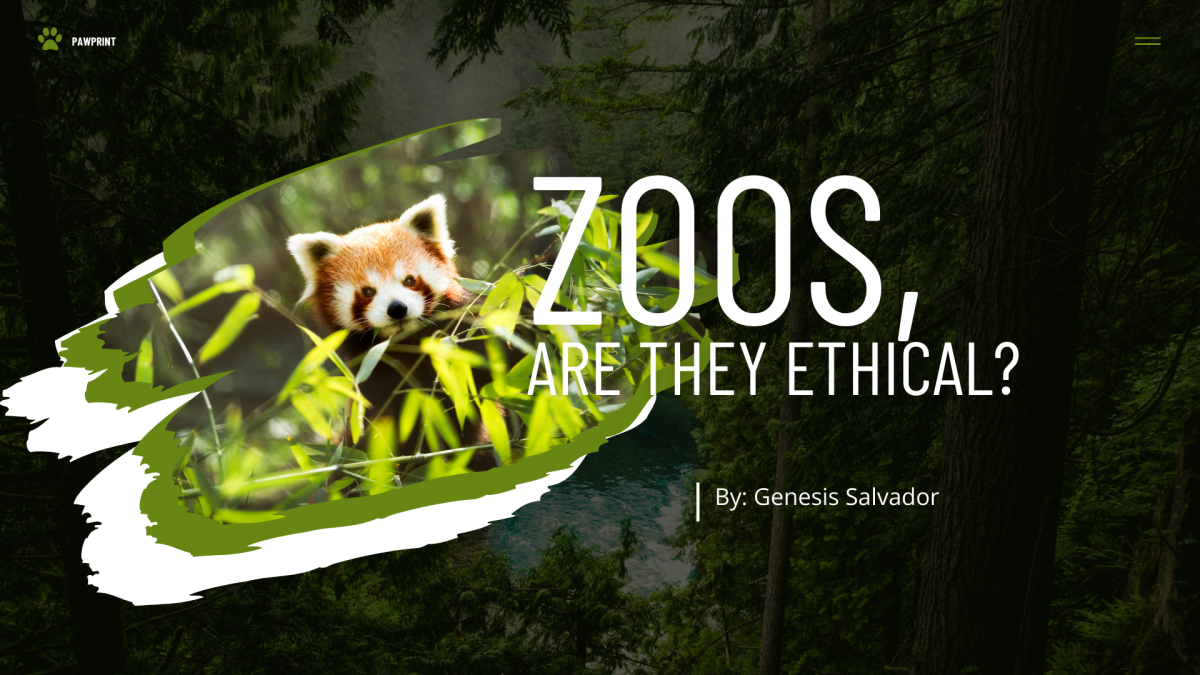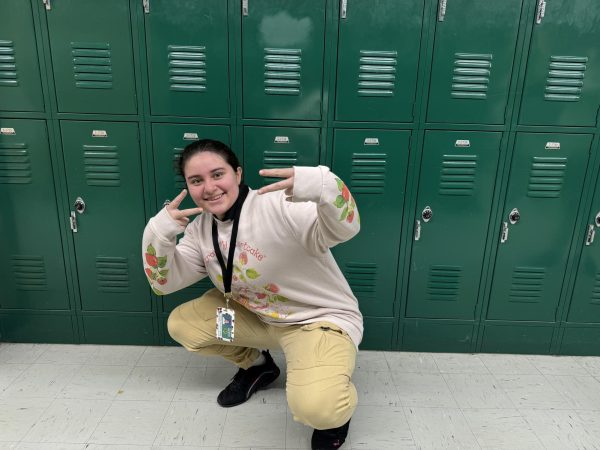Are zoos institutions that use animals for amusement or are they shelters for the protection of wildlife? Zoo ethics have long been a topic of discussion— advocates say that zoos educate the public and save endangered species, while critics say that zoos keep animals in unnatural settings for human entertainment. The question of whether zoos cause more harm than good continues as worries about animal care and conservation increase.
Zoos have been around for longer than people think. One of the oldest records of existing zoos is from Egypt and Mesopotamia pretty early on— as early as 2500 BCE, where wall carvings were able to prove that exhibitions existed to keep animals (such as giraffes, bears, dolphins, birds, and elephants) as a source of entertainment by rulers and those of higher class. Proof has provided information about people who owned animals to have hired people to tend to their animals.
Even other areas such as Greece, China, and Rome had zoos, as stated by National Geographic, “Zoos also existed in later civilizations, including China, Greece, and Rome.” In addition, even in other parts of the world, such as North America had zoos, for instance, the Aztec emperor Montezuma II, sustained one of the earliest menageries recorded in the Western Hemisphere in what is now known as Mexico.
“No, I don’t think that justifies keeping animals in enclosures,” says senior Yaris Santos. “Even though zoos claim that they help protect engaged species that doesn’t give them the right to keep animals in controlled environments, animals should be able to live in their own habitats where they have been raised.” She adds.
By facts alone, zoos would technically not be ethical. As stated by Ballad Brief, “It is first important to note that most wildlife experts agree that putting animals in any captive environment is itself a form of mistreatment.” Animals are taken from their habitats and then forced to adapt into environments they are not familiar with, at times those environments have little resemblance to what their habitats were before. Not only that but these animals are no longer in control and are to adhere to restrictions, and are sometimes placed out on display.
The Cons
Unsuitable environments: Depending on the zoo, they may not be able to maintain all of their animals and provide services to sustain their animals. While some zoos may provide a big enough space for their animals, similar to humans, animals have habits that caretakers have to take into consideration. Although zoos are getting better at maintaining their animals, that doesn’t apply to all.
Lack of public control: Although more of a thing from the past, some zoos can fall under the category of not being able to control their public or at the very least careless. One famous example of where the zoo was not able to control the public was the case of Harambe, a child fell into an enclosure of a gorilla, was kept under close eye by the male, and although the child was rescued, the gorilla was slaughtered right after.
Breeding programs: These types of programs can be as crucial to keep a species alive as they can be hurtful to the male(disregard of animal for favor of artificial ejaculation), as it can be for the female(insemination can cause pain and discomfort for female and further impact the mother and offspring physically or psychologically if mother is not capable).
The Pros
Educational: Zoos can inform people of the importance of animals, the environment, and the dangers, and overall, zoos can be a source of information to the general public as long as zoos maintain the public under control.
Preservation of species: Some species are alive present day today due to zoos. One example is the panda, these bears were once placed in a difficult circumstance in regards to if their species was going to continue or go extinct, but thanks to some organizations, they are alive today.
Healthcare: The funds provided by charities and crowdfunding go to the healthcare of the animals, so they are able to be treated for most health concerns.
The question if zoos are ethical is a complex one, on one hand animals face difficulties managing the sudden change of environment and zoos were not always a source of help but times are changing and zoos are becoming more and more sustainable in the needs and services they provide to their animals. Zoos are not too much of one thing and too much of the other, these institutions somewhat hold equal mirth and equal value, however, that all depends on the zoo.









Doght • Apr 15, 2025 at 10:28 am
do you think zoos are good or bad.why